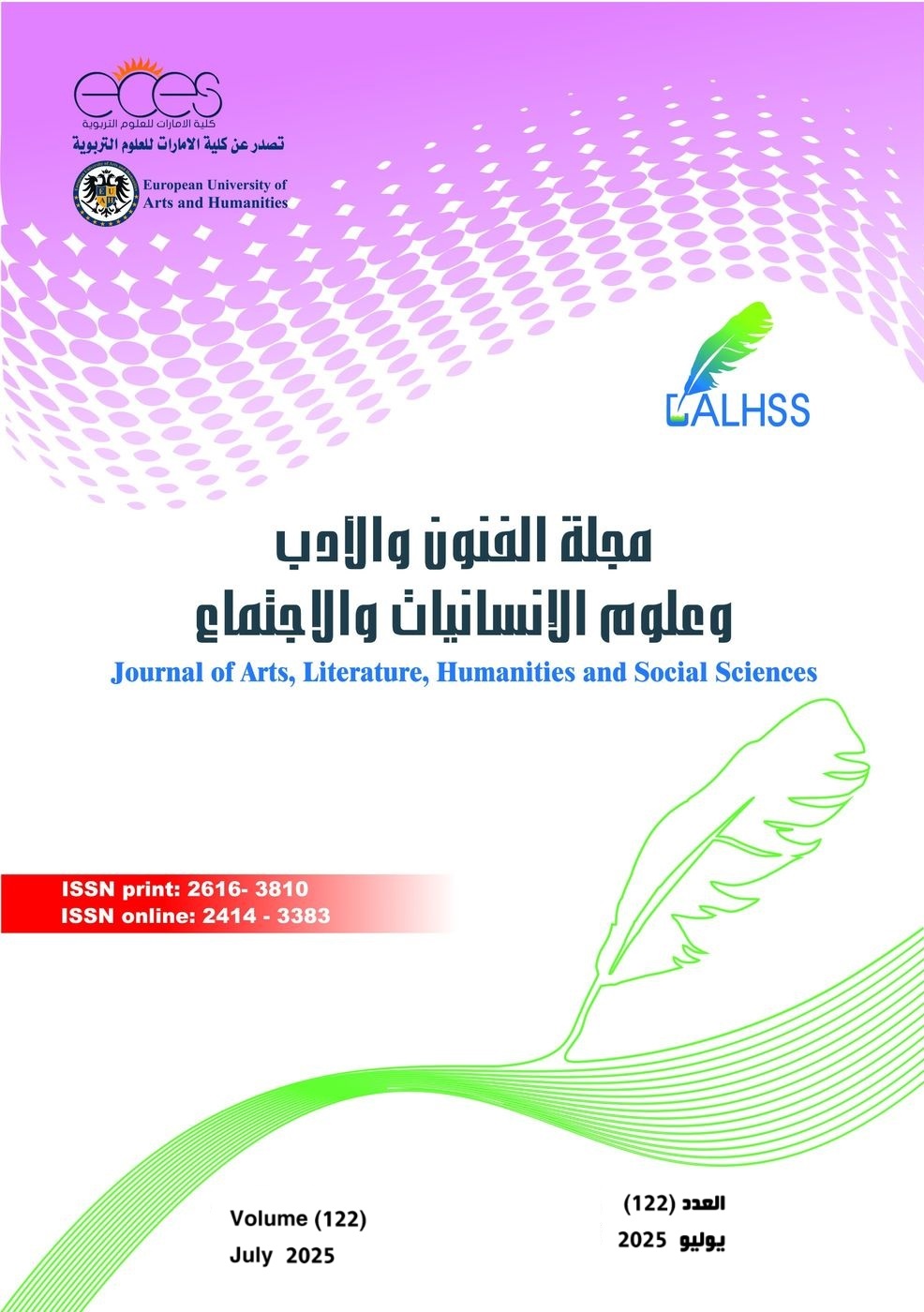Traditions, Customs, and Social Norms and their Impact on the Development of Women in Palestinian Security Agencies
Abstract
This study aims to analyze the impact of traditions, customs, and social norms on the development and performance of women working in the Palestinian security forces. The researcher adopted a descriptive-analytical approach to examine the social and cultural influences on women in this sector and used a questionnaire as a tool to collect data from a sample of (326) women. The results revealed that traditions and customs present a significant barrier to the advancement of women in security services, as they negatively affect their chances of promotion and confidence in their professional abilities, limiting their ability to effectively integrate into the workplace. The findings also showed that social and religious norms directly impact women’s professional performance, weakening their opportunities for promotion compared to their male colleagues. Based on these results, the study offered several recommendations, including enhancing community awareness campaigns to shift traditional perceptions of women’s roles in the security sector and launching training programs to improve the skills of female employees and boost their confidence. It also called for the development of policies within security institutions to ensure equal opportunities between genders in promotions and leadership positions, along with providing psychological and social support to women in overcoming societal and professional challenges.
References
2. إسماعيل، عمار فتحي موسى. (2022). الصحة النفسية كمؤشر لضبط العلاقة بين الصحة النفسية والاحتراق النفسي لأعضاء هيئة التدريس بالخدمات الصحية السعودية (رسالة ماجستير غير منشورة). الأكاديمية الطبية للبحوث الطبية، (مصحة النفسية) 4(9)، 322-323.
3. الطـروة، سـحر. (2009). الضغوط النفسية لدى منتسبي الأجهزة الأمنية الفلسطينية في محافظة الخليل. جامعة القدس المفتوحة، الخليل، فلسطين.
4. عبد الرحمن، أحمد. (1986). الضبط الاجتماعي: أسسه النظرية وتطبيقاته العملية. القاهرة: مكتبة النهضة الحديثة.
5. عـواد، عاليـة. (2010). رؤية المجتمع الفلسطيني لعمل المرأة في الأجهزة الأمنية. مجلة القدس العربي، منبر القدس، العدد (6438)، 19 شباط 2010.
6. غنيم، محمد أحمد. (2009). الضبط الاجتماعي والقانون العرفي: دراسة في الأنثروبولوجيا الاجتماعية. مصر: عين للدراسات والبحوث الإنسانية والاجتماعية.
7. Albotmeh, S., & Irsheid, S. (2013). Barriers to female labour market participation and entrepreneurship in the occupied Palestinian territory.
8. Barsoum, G. (2010). When There is' No Respect'at Work: Job Quality Issues for Women in Egypt’s Private Sector. OIDA International Journal of Sustainable Development, 1(1), 67-80.
9. Bhuvaneswari, D., & Thirumoorthi, P. (2019). Work Life Balance among Women Police in Salem City, Tamil Nadu. International Journal of Recent Technology and Engineering (IJRTE), 8, 793-797.
10. Costello, B. J., & Laub, J. H. (2020). Social control theory: The legacy of Travis Hirschi's causes of delinquency. Annual Review of Criminology, 3(1), 21-41.
11. Hatem, G., et al. (2022). Normality testing methods and the importance of skewness and kurtosis in statistical analysis. BAU Journal-Science and Technology, 3(2), 7.
12. Jabali, O. M. (2018). Palestinian women’s participation in the labor force in the west bank: Realities, challenges, and solutions. Perspectives on Global Development and Technology, 17(5-6), 543-556.
13. Safadi, N. S., et al. (2019). Life and job satisfaction among public-sector social workers in the occupied Palestinian territory. Human Service Organizations: Management, Leadership & Governance, 43(1), 41-53.
14. Sekaran, U., & Bougie, R. (2016). Research methods for business: A skill building approach: john wiley & sons.
15. Thompson, S. K. (2012). Sampling (Vol. 755): John Wiley & Sons.
Copyright (c) 2025 حنان راتب حسن عبد الحليم

This work is licensed under a Creative Commons Attribution-ShareAlike 4.0 International License.



